The massive earthquake on 6th February caused devastation in southern Türkiye. Around 50,000 people died and 2 million were forced to relocate to temporary shelters.

Many displaced people were already living in the area. In Gazientep and Hatay, about 20% of the population are refugees from the war in Syria, as well as from Afghanistan.
When we arrived, the level of destruction and displacement were overwhelming. Everywhere there were collapsed and crumbling buildings, emergency services and people on the move. And everywhere there were tents—some in large camps, some in makeshift settlements. And many were single tents outside homes, the people unable or too frightened to go inside.

After an initial exploration and rapid evaluation of how we could help, we quickly set to work.
Within two weeks of arriving, we’d partnered with local organisations and started delivering essential hygiene items to those in greatest need.

One of the most pressing problems was the lack of available toilets and showers. Poor sanitation was causing serious infectious diseases to spread, putting vulnerable people at even greater risk. That’s why we partnered with a local women’s agricultural cooperative to distribute essential hygiene items in towns surrounding Gazientep. The coop was already providing cooked meals—so our work supplemented theirs and answered a pressing need.

We also worked alongside a local volunteer group in Antakya to help in the worst affected area, and with other local groups to carry out weekly hygiene distributions in six locations.

In addition to hygiene items, communities in more rural areas needed food. We were the first aid workers to arrive in a number of villages, where people were asking for food essentials—and Ramadan was just about to begin.

Our first distribution began the weekend of 11th March, and we continued to support people with food and hygiene essentials for one month—while showing them that they are not alone and that people around the world care.
Here’s an at-a-glance look at what we achieved in that time:

